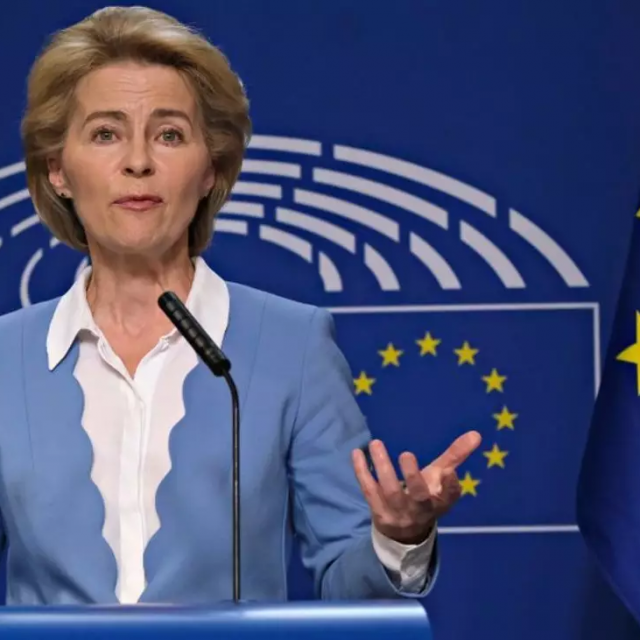The Covid-19 pandemic clearly shows that many of the Work-Life Balance Directive 2019 provisions – to be implemented by Member States by August this year – are insufficient. The Covid-19 pandemic has exacerbated work-life balance conflicts for workers with care responsibilities, the majority of whom are women. For ETUI Researcher Kalina Arabadjieva, this new EU legal instrument must be reviewed and strengthened now, in order to provide all workers with the rights that they deserve to fully paid family-related leave and to flexible and predictable working arrangements.
“Could you imagine? The first review of the Work-Life Balance Directive (WLB) is planned to take place only in 2027, five years after the first implementation, said Nicola Countouris the ETUI Research Director. The irony with this instrument (as with many other) is that the new realities and new inequalities brought about by the pandemic have rendered many of its provisions already obsolete!”
The Work–Life Balance Directive was formally adopted by the European Parliament and by the Council of the European Union in June 2019. It is the most recent piece of EU gender equality legislation and one of the first instruments to emerge from the European Pillar of Social Rights (EPSR), which provides for certain minimum entitlements for parents and careers in respect of leave and flexible working arrangements.
The impact of Covid-19
Since 2019, a pandemic has interrupted our life and acted as a magnifying glass, making the cracks in current economic and social models obvious. Women have been disproportionately affected, and the pandemic threatens to reverse progress towards gender equality. As set out in the paper, studies indicate that women have continued to bear a much greater share of the increased amount of unpaid care work arising as a result of the pandemic. This has exacerbated the ‘double burden’ of paid and unpaid work, which falls heavily on women, deepening work-life conflicts and at times leading to reduced working hours or exit from the labour market.
Drawing on lessons from the pandemic, Kalina Arabadjieva argues in this paper for greater recognition of the social and economic value of unpaid care work as a cornerstone of community living and a healthy society. “While people with care responsibilities in the home, predominantly women, do not do this work for wages, this does not mean that such work does not have an economic value, too.” This, she argues, should be reflected in the aims and design of work-life balance measures, including the Work-Life Balance Directive.
Reshaping the WLB Directive after Covid-19
As a consequence, the Directive should ensure that all family-related leave is well-paid, which is not currently the case. It should also provide other incentives for greater uptake by men, such as through non-transferability of parental leave. It should be broad in scope and inclusive of workers in atypical work arrangements, as well as sensitive to the specific needs of certain workers with increased care responsibilities, such as single parents. The Directive should also engage more deeply with the positive and negative implications of telework, which is only likely to increase in the future.
Beyond the scope of the WLB directive, the author calls for
1. Investment in care and social infrastructure, are indispensable to a resilient society and economy, especially in the context of an aging population and a changing climate.
2. A future revision of the Working Time Directive, which has remained unamended since 2003, which would offer an opportunity to recognize that unpaid care work is as valuable as paid work.
3. A robust Directive on pay transparency to promote equal pay between men and women, as well as increased efforts to close the gender pay gap, which must accompany work–life balance policies.
You are here




